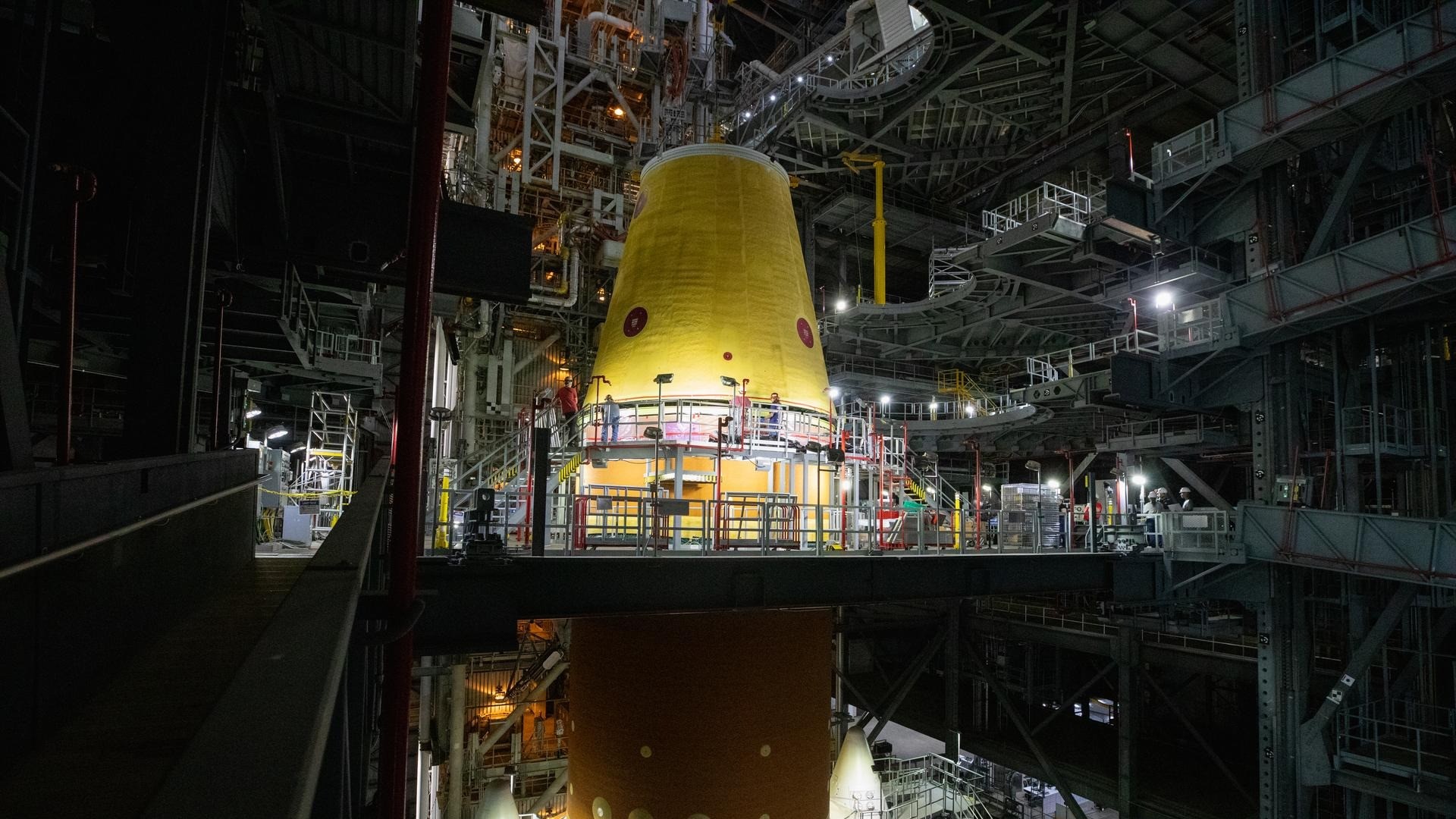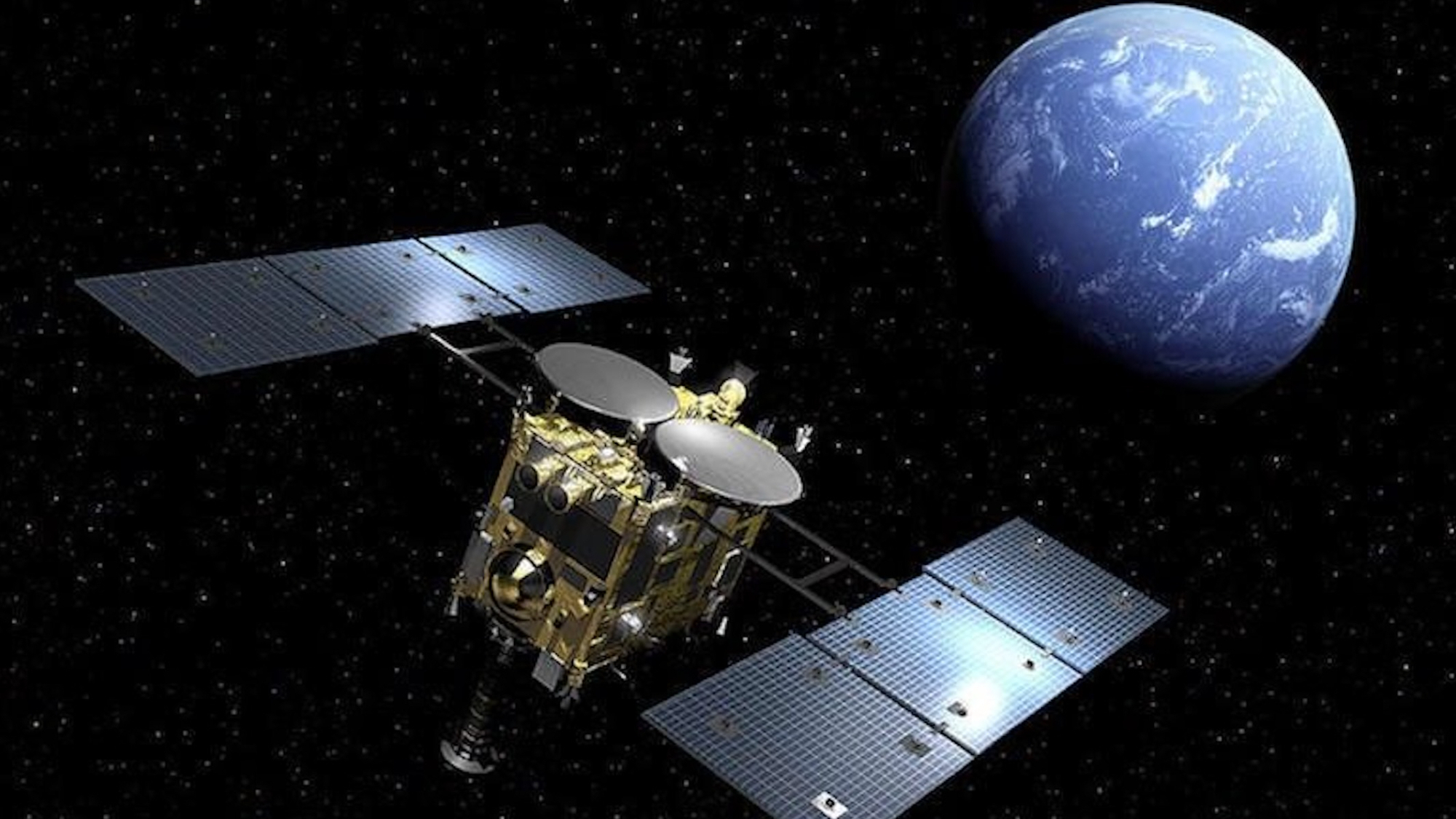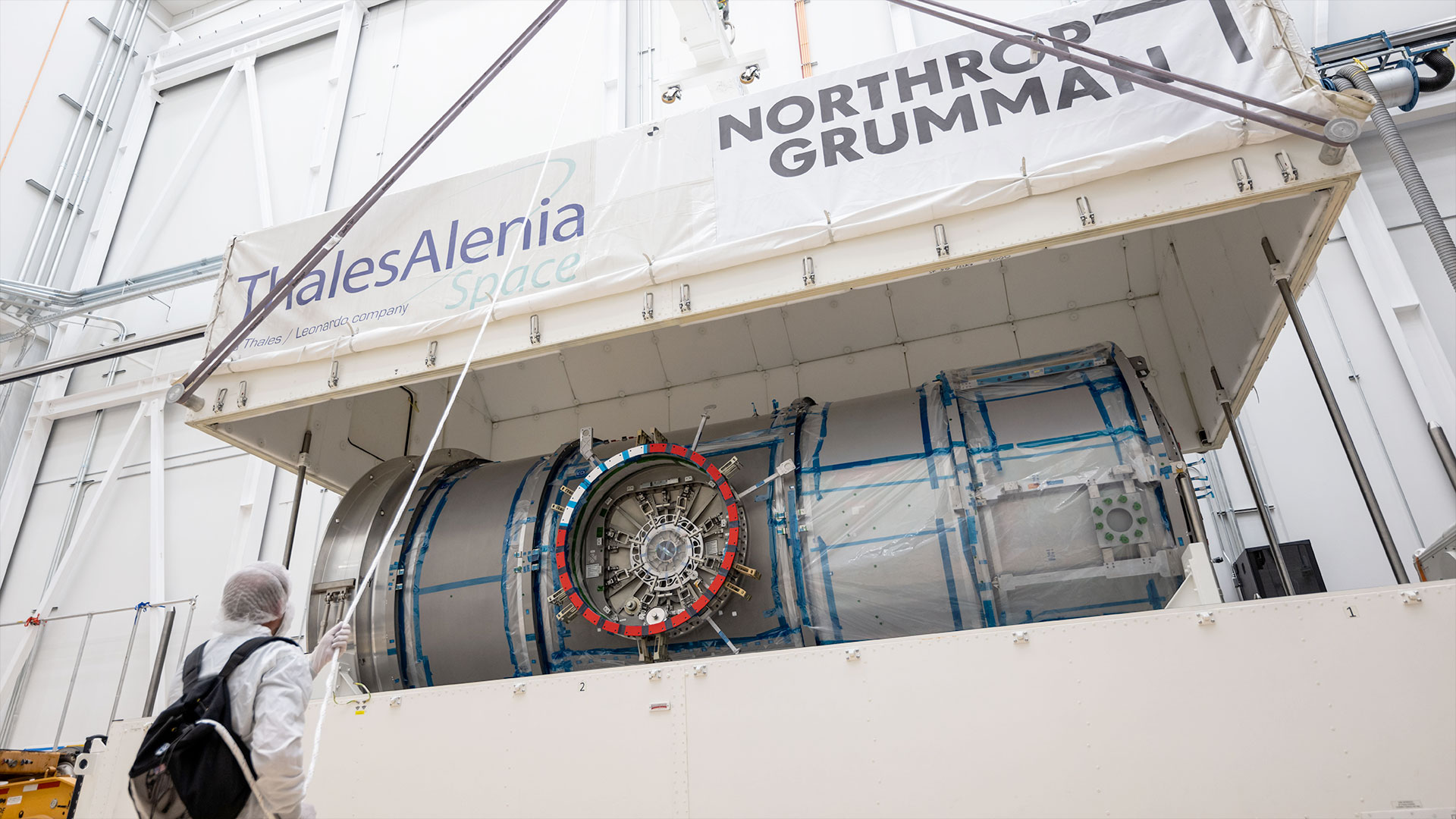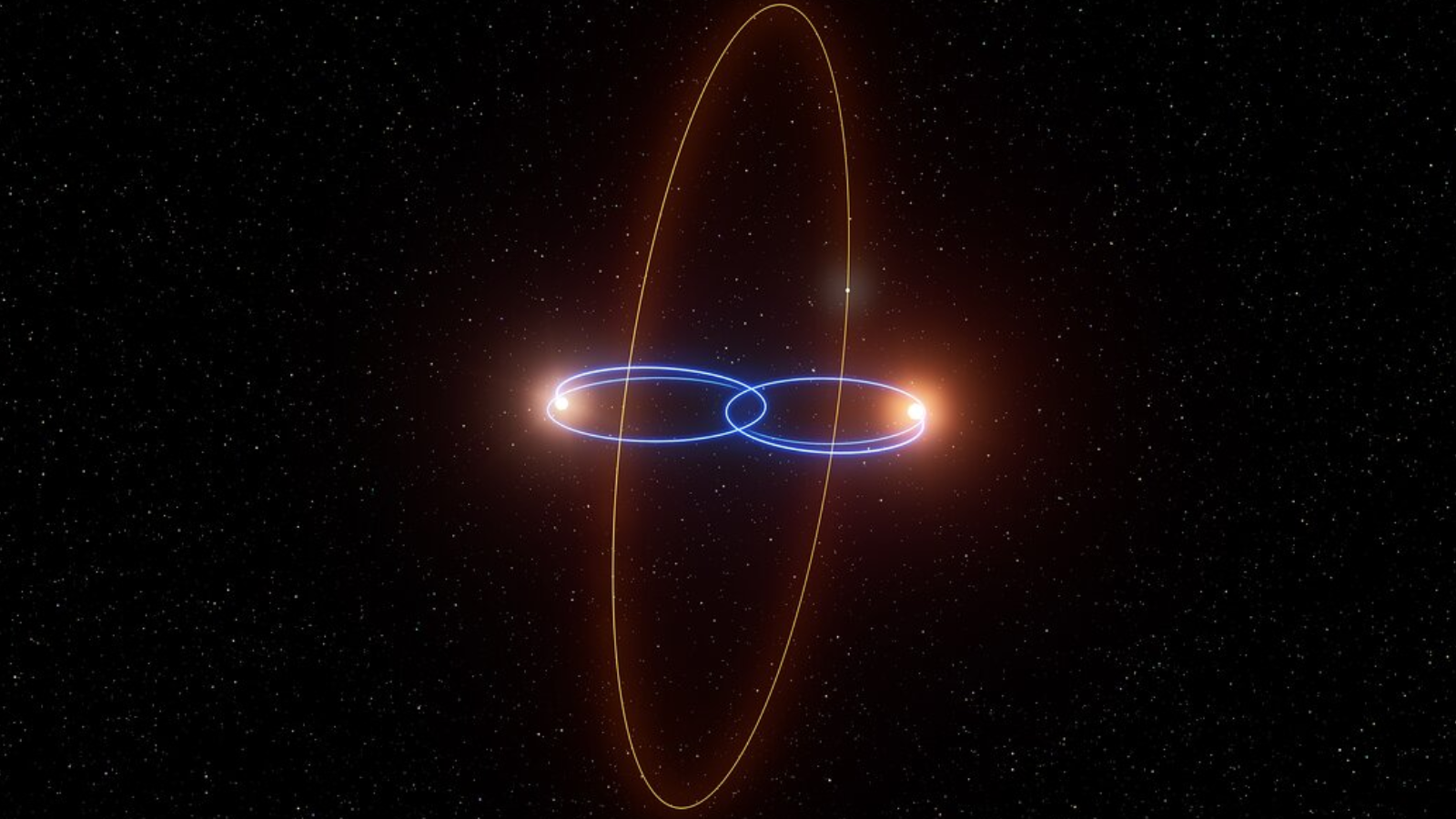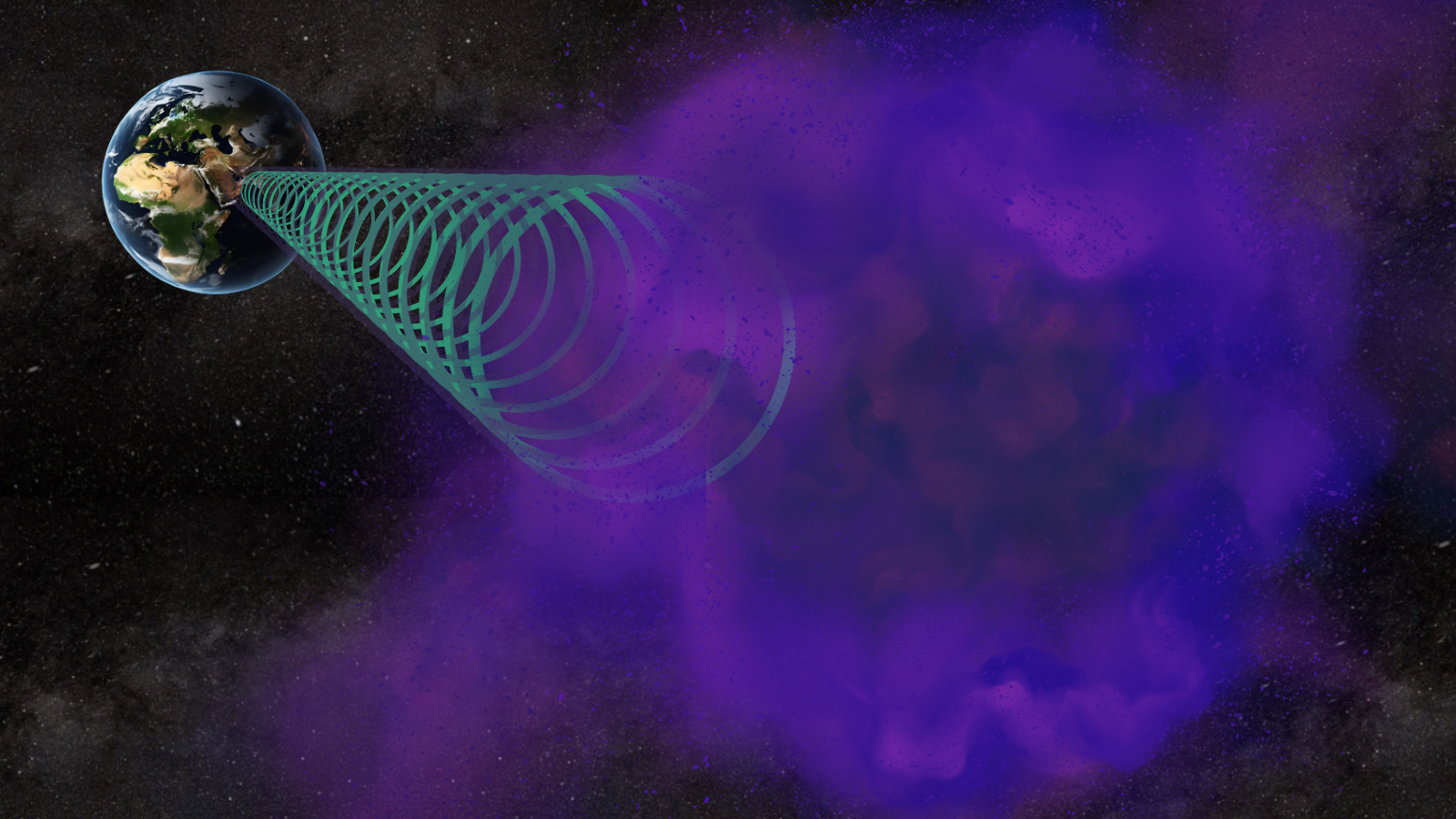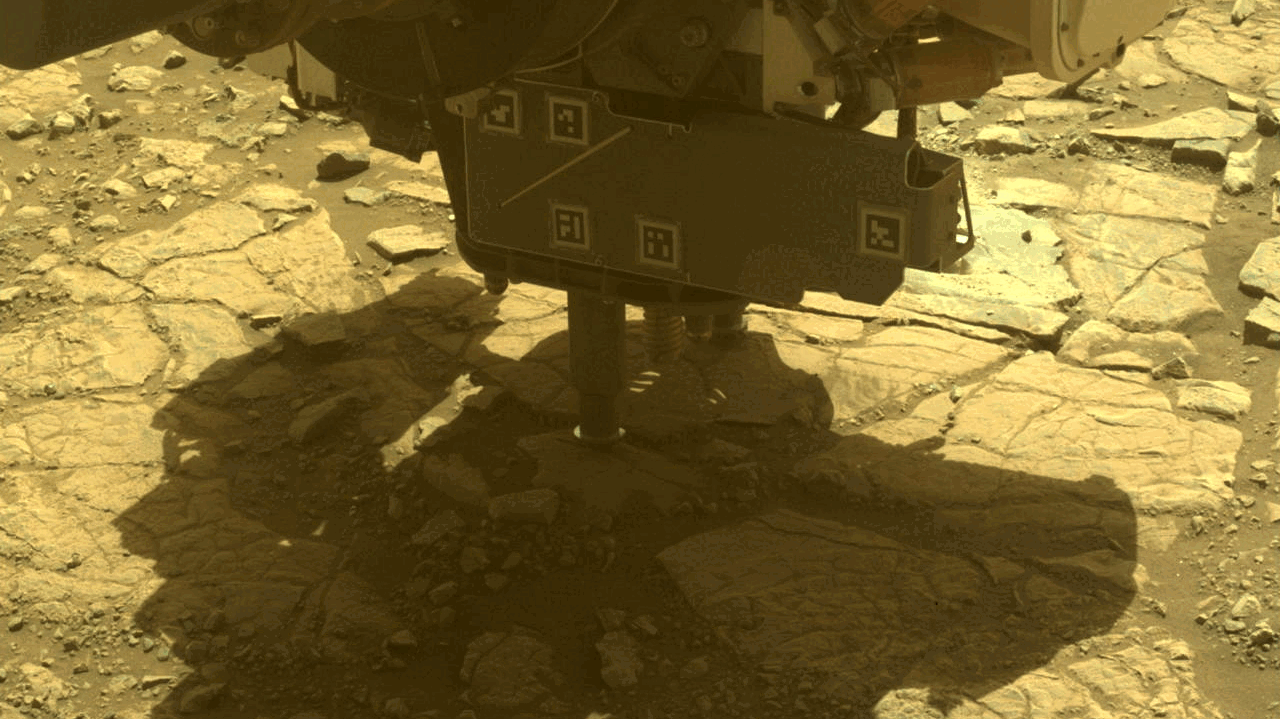Virgin Galactic Wants to Send People on Superfast Trips Across Earth
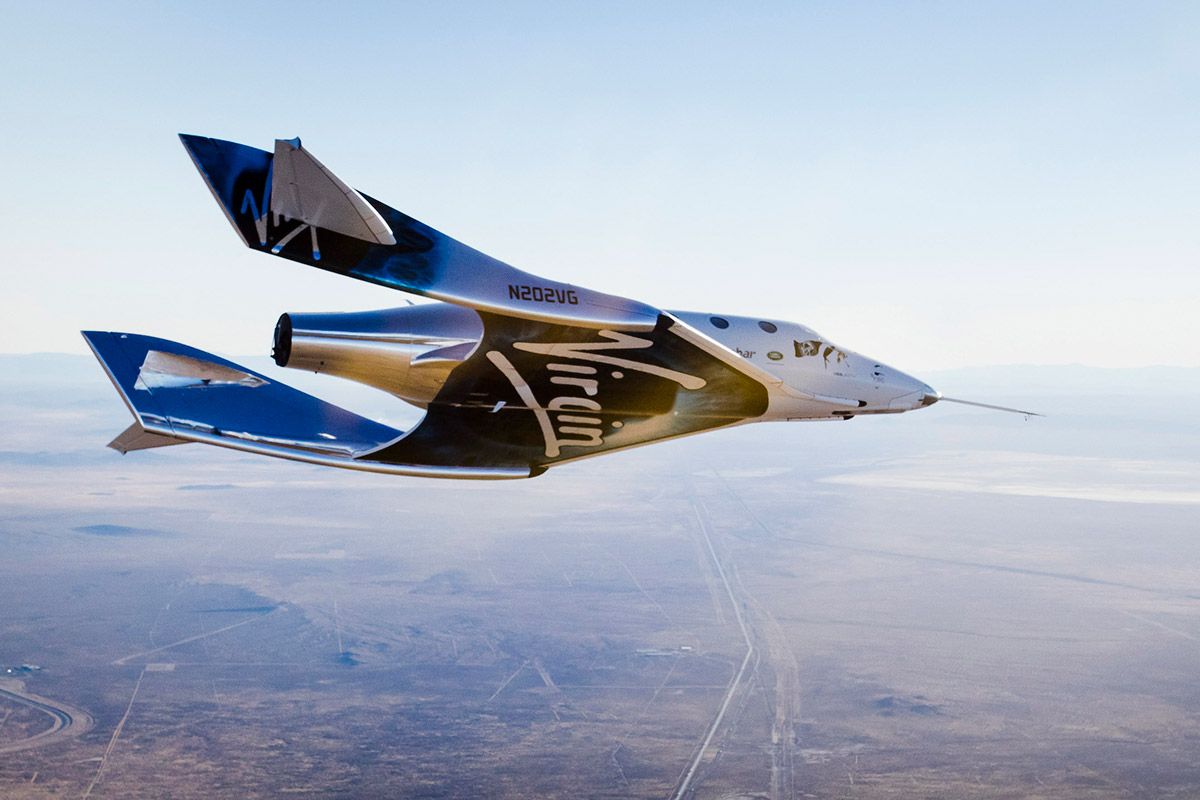
SEATTLE — Suborbital space tourism and research may be just the beginning for Virgin Galactic.
The private spaceflight company eventually aims to add superfast point-to-point passenger flights to its repertoire, which would dramatically reduce the time needed to get from Boston to Beijing or Sydney to San Francisco, according to Virgin Galactic CEO George Whitesides.
On such trips, Virgin Galactic's vehicle would likely fly considerably faster than the now-defunct Concorde, which reached a top speed of about Mach 2, or twice the speed of sound, he added. (The speed of sound depends on temperature; at room temperature, it's around 774 mph, or 1,246 km/h.)
"We think something that's, you know, in the Mach 3 to [Mach] 5 space is really interesting, because you can really radically shorten those long-duration flights, but it's not so fast — at a certain point, you may not need to go so fast," Whitesides said.

Whitesides' comments echo recent remarks by Virgin Group founder Sir Richard Branson. Late last month, Branson said that a partnership with the Kingdom of Saudi Arabia will help Virgin Galactic "accelerate our program for point-to-point supersonic space travel," among other things.
For now, however, the company is working to get its second six-passenger SpaceShipTwo space plane, known as VSS Unity, ready to fly customers on brief trips to suborbital space and back, for tourism and research purposes. (The first SpaceShipTwo, VSS Enterprise, crashed during a test flight in October 2014, killing co-pilot Michael Alsbury and injuring pilot Peter Siebold.)
Get the Space.com Newsletter
Breaking space news, the latest updates on rocket launches, skywatching events and more!
A carrier plane named WhiteKnightTwo hauls SpaceShipTwo aloft, then drops the space plane at an altitude of about 50,000 feet (15,000 meters). At that point, SpaceShipTwo's rocket motor kicks on, blasting the vehicle to suborbital space. SpaceShipTwo then comes down to Earth for a runway landing.
Passengers will get to experience about 5 minutes of weightlessness and see the curvature of Earth against the blackness of space, company representatives have said. A ticket to ride the vehicle currently sells for $250,000, and more than 600 people have reserved a seat to date, Whitesides said.
VSS Unity has performed a number of unpowered "glide flights" so far and should start rocket-powered tests soon, company representatives have said. Commercial operations should begin shortly thereafter, but exactly when is unclear; Whitesides doesn't announce predicted timetables.
"We'll fly when it's ready," he said. "We'll fly when it's safe."
Virgin Galactic isn't the only spaceflight company with point-to-point travel on its mind. In late September, SpaceX founder and CEO Elon Musk said his company's "BFR" Mars-colonization architecture may also be used to carry passengers on superfast trips from place to place on Earth.
Follow Mike Wall on Twitter @michaeldwall and Google+. Follow us @Spacedotcom, Facebook or Google+. Originally published on Space.com.
Join our Space Forums to keep talking space on the latest missions, night sky and more! And if you have a news tip, correction or comment, let us know at: community@space.com.

Michael Wall is a Senior Space Writer with Space.com and joined the team in 2010. He primarily covers exoplanets, spaceflight and military space, but has been known to dabble in the space art beat. His book about the search for alien life, "Out There," was published on Nov. 13, 2018. Before becoming a science writer, Michael worked as a herpetologist and wildlife biologist. He has a Ph.D. in evolutionary biology from the University of Sydney, Australia, a bachelor's degree from the University of Arizona, and a graduate certificate in science writing from the University of California, Santa Cruz. To find out what his latest project is, you can follow Michael on Twitter.



